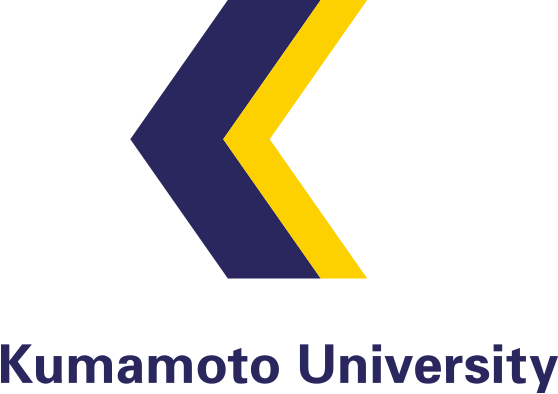International Research Enhancement Project for Stem Cell Biology and Developmental Medicine
NAKAMURA AkiraInstitute of Molecular Embryology and Genetics
International Research Enhancement Project for Stem Cell Biology and Developmental Medicine
The International Advanced Research Σ Project at IMEG is dedicated to advancing the fields of developmental medicine and stem cell biology, while strengthening the institute’s global presence. We are dedicated to conducting comprehensive research, ranging from elucidating the fundamental principles of development biology to exploring medical applications. We promote the activities of the High-Depth Omics Research Center, established in 2022, and also prioritize the training of young researchers in this field.
We provide specialized support for single-cell RNA-seq, ChIP-seq, ATAC-seq, mass spectrometry, and data analysis through our team of skilled professionals at the Research Support Facility within IMEG. To foster productive discussion within our institute, we regularly organize monthly Next-Generation Sequencing (NGS) roundtable discussions and information exchange sessions every month. Through these interactions, we stay abreast of the latest technologies and trends in NGS analysis.
Beyond the confines of your institute, we actively disseminate our research findings and seek international collaborations, leveraging our extensive research network. To this end, we generously support young researchers in presenting their work at international conferences and co-organizing workshops and symposiums at national academic meetings. We even offer partial support for publication fees and open access costs for papers where young researchers take the lead as first authors or corresponding authors.
In the fiscal year 2023, we have extended invitations to researchers affiliated with collaborative research centers to attend a retreat at Aso. This retreat serves as a platform for young researchers to exchange research outcomes and foster lasting connections. Through these initiatives, we aim to enhance information sharing and strengthen a robust network for cutting-edge research.
We provide specialized support for single-cell RNA-seq, ChIP-seq, ATAC-seq, mass spectrometry, and data analysis through our team of skilled professionals at the Research Support Facility within IMEG. To foster productive discussion within our institute, we regularly organize monthly Next-Generation Sequencing (NGS) roundtable discussions and information exchange sessions every month. Through these interactions, we stay abreast of the latest technologies and trends in NGS analysis.
Beyond the confines of your institute, we actively disseminate our research findings and seek international collaborations, leveraging our extensive research network. To this end, we generously support young researchers in presenting their work at international conferences and co-organizing workshops and symposiums at national academic meetings. We even offer partial support for publication fees and open access costs for papers where young researchers take the lead as first authors or corresponding authors.
In the fiscal year 2023, we have extended invitations to researchers affiliated with collaborative research centers to attend a retreat at Aso. This retreat serves as a platform for young researchers to exchange research outcomes and foster lasting connections. Through these initiatives, we aim to enhance information sharing and strengthen a robust network for cutting-edge research.

